'Player Hating: A Love Story' director Maggie Hadleigh-West on the Devastating Realities of American Culture #indiefilm
 Thursday, June 13, 2013 at 8:30PM
Thursday, June 13, 2013 at 8:30PM  How does a woman who describes herself as a white, middle class, feminist filmmaker – prevail through dangerous encounters including being robbed at gun point -- to bring her documentary about (who some consider) “a bunch of young thugs” from the Brooklyn Housing Projects to audiences around the country?
How does a woman who describes herself as a white, middle class, feminist filmmaker – prevail through dangerous encounters including being robbed at gun point -- to bring her documentary about (who some consider) “a bunch of young thugs” from the Brooklyn Housing Projects to audiences around the country?
Maggie Hadleigh-West, director of “Player Hating: A Love Story” and her crew received harsh lessons on survival while making a movie in an environment where people carried guns 24/7 and lived by a code of “anybody can get it” (killed). In the midst of her culture shock, she found an atmosphere that preyed on the weak, tested the strong and almost became a soul-sucking battle ground for one charismatic, smart and talented man who dared to dream of a brighter future.
In an interview for my blog, Maggie expresses her views on American culture, violence, racism and how she came to love a group of men with whom she had nothing in common but grew to understand.
Madlab Post: Would you agree with viewers who say that you gained a bit of street credibility or "blackness"due to the relationships you've developed and the experiences that you had because of this film? Why or why not?
Maggie Hadleigh-West (MHW): Well, unless God strikes me Black, when I wake up tomorrow I’ll still be a white chick, and my experience will always be informed by my race. I feel honored to have spent as much time in the projects as I did with Half-a-Mill and Godfia Criminals, and I will always love the people I worked with.
What I do have is street smarts and I knew not to even think about bullshitting anyone, so I went in as me, and imperfect white woman-very clear I was going to make many mistakes-but dedicated to telling the truth and that’s what I think they understood through my behavior and how I made the film. I have real people cred.
 In what ways did "racist white fears" help or hinder the morale among your film crew and that of the Godfia Criminals while making the film?
In what ways did "racist white fears" help or hinder the morale among your film crew and that of the Godfia Criminals while making the film?
MHW: Well, I’d have to say my fears helped me ultimately, because if I hadn’t felt them I probably never would have made the movie.
Regarding the morale of my crew, it’s my job to keep things moving and talking to them about that kind of thing was not relevant, because we were there to record life and to be invited into a world that was unfamiliar. We were there as respectful guests.
How has "Player Hating: A Love Story" affected your perspectives on crime, violence, American culture, family dynamics and the definition of success?
MHW: I was aware that crime and violence was outta control, and I guess it’s best summed up by Half-a-Mill when he says in the movie, “Your stomach does not say, do not stick that guy up. Your stomach says, you gotta eat.” I understand that. I believe that had I grown up poor in the projects as Half and the Godfia Criminals did, the choices that I made might be the same, or similar to theirs. But as a white person that grew up more culturally privileged than those guys, I was never more than randomly hungry and certainly never had the responsibility as a child to feed other children. As a social justice filmmaker, I understand my job as being an advocate and not a judge.
Regarding family dynamics, I try not to generalize, so I’ll just say that Shaquana -- Half’s wife and the mother of his children -- is one of the best, strongest and most courageous mothers I know. As a family unit, they do the best they can, which is good enough, versus me who has no (known ;) children and haven’t had to face the same battles that this crazy, racist world produces. Their kids are stellar human beings and really good artists.
 If I had to face each day internalizing the sheer numbers of young black men murdered either through crime, police misconduct or whatever, and know that MY CHILD could be killed any time -- well, I believe having to even contemplate that is a crime. And THIS IS American Culture. WE are a culture of violence, degradation and injustice. We're also a magnificent culture, where I can say what’s wrong publically and we can collectively get a little better and more inclusive every day.
If I had to face each day internalizing the sheer numbers of young black men murdered either through crime, police misconduct or whatever, and know that MY CHILD could be killed any time -- well, I believe having to even contemplate that is a crime. And THIS IS American Culture. WE are a culture of violence, degradation and injustice. We're also a magnificent culture, where I can say what’s wrong publically and we can collectively get a little better and more inclusive every day.
My definition of success has very little to do with race or capitalism, except in so much as it impedes my ability to wake up happy, appreciating the people in my life, being grateful for what I have and trying to make the world a better place. I wish that was the general definition for success in this country, but generally it is equated with wealth.
Since Half-a-Mill's quest for improved living conditions is not uncommon for many young men living in the projects, does the elimination of Arts education programs around the country increase the possibilities of these same men getting caught up in gang violence, drugs and related issues that plague inner city neighborhoods?
MHW: Absolutely, it increases the probability of any young person getting into trouble. For me it’s a very simple equation: If kids don’t have a place to dream, to be creative and understand their potential as artists/workers/ human beings-how do they understand their value/ability to contribute to the world? We need to believe in our potential-that is a part of what art does for any of us.
While making Player Hating: A Love Story, did any of the men whom you encountered have opposite dreams/aspirations than those of Half-a-Mills or has music come to be the only way out, for those who come from such harsh circumstances?
MHW: Most of the guys in the Godfia Criminals wanted Half to blow up in the music biz, and if that happened they would have gotten paid in theory, because that’s how it works. And in Half’s case, he’d gotten a huge advance in the past, so it was a real possibility. Flam wanted to be a film director, and was unwilling to take a job for minimum because he didn’t want to be humiliated, and he knew he was smart and full of ideas, but didn’t have a path to follow.
 My impression is that if you live in a neighborhood where there are very few (legal) businesses/job opportunities -- you live in a bleak environment. Just like arts programs, if you don’t see it, how can you imagine working there? The flip side of that is advertising and the WANT it creates in most Americans.
My impression is that if you live in a neighborhood where there are very few (legal) businesses/job opportunities -- you live in a bleak environment. Just like arts programs, if you don’t see it, how can you imagine working there? The flip side of that is advertising and the WANT it creates in most Americans.
So you’re in a bleak, impoverished neighborhood, hounded by police and everyone wants, so you figure out how to GET. The businesses that aren’t there are what would help guys like Unique or Mel to understand that there are shades of gray job opportunities -- and that most people aren’t going to blow up as an artist or a ball player and get rich and famous. So the music/sports seems to be a fantasy and reality way out because there aren’t enough visible and literal opportunities for people to believe in.
If there is one lesson or takeaway that 'Player Hating: A Love Story' viewers leave with after watching this documentary, what should it be?
MHW: “People are people…if you judge people that you don’t even know-now you’re being ignorant.”-Half-a-Mill
Does the violent and offensive lyrics in hip-hop music create a double-edged sword for artists who are trying to escape a life of drugs and violence, yet, must appease the audience in their "hood" who are supporting the music?
MHW: Well, first of all I’d qualify the statement and say that not all the lyrics in hip hop music are violent and offensive. I’d also suggest that if listeners can divorce themselves from the stereotypes about rap music and actually listen to the stories, many of those “offensive” lyrics are very informative about what American life is all about for some people.
 Finally, the biggest consumers of hip hop music are white people at this point, and although there is street cred to maintain for artists, the culprit is the music industry, in my opinion. It’s really no different then the film industry, dumbing products down for consumers-having no faith in their ability to appreciate better work.
Finally, the biggest consumers of hip hop music are white people at this point, and although there is street cred to maintain for artists, the culprit is the music industry, in my opinion. It’s really no different then the film industry, dumbing products down for consumers-having no faith in their ability to appreciate better work.
The music industry fans the flames of violence in lyrics and in reality which creates press that impacts sales. I had a major label tell me, when I was simply shopping the idea for Player Hating around, that if they were going to take on the project, they wanted creative control, defined as control over products the artists were wearing or promoting, but the violence was ok.
Why does music seem to be among the top -- if not the only -- force that unites people regardless of culture, race, gender, background, age, religion and viewpoints -- yet -- we remain separated from, judgmental toward, fearful of those who are different from us in other aspects of our everyday lives?
MHW: We fear the unknown. It’s cliché and it’s true. Plus we literally create behaviors through a cultural capitalistic mentality that one group of people is better than another. You want to see some amazing proof of that? Check out Brown Eye Blue Eye from the 60”s (on PBS).
The reality is that when we reach out to others that are different from who we are or what we know-we get the greatest gifts. To me, it’s where love hides.
 While the very definition of player hating can be seen in a variety of environments -- from the projects to corporate America and everything in between, are there any factors that separate the player haters that Half-a-Mill encountered from the player haters that the average middle class American may encounter or, are they one in the same? -- Either way, can the Godfia Criminals' methods of circumventing player hating or dealing with it when it occurs be applied outside of the projects?
While the very definition of player hating can be seen in a variety of environments -- from the projects to corporate America and everything in between, are there any factors that separate the player haters that Half-a-Mill encountered from the player haters that the average middle class American may encounter or, are they one in the same? -- Either way, can the Godfia Criminals' methods of circumventing player hating or dealing with it when it occurs be applied outside of the projects?
MHW: I don’t think the Godfia Criminals are circumventing player hating-I think they are falling victim to it.
And for me player hating is very specific, and it’s about racism. It’s about oppression, deprivation and lack of a level playing field for poor black men and women-out of which comes this extreme form of competition that includes killing.
I reject the idea of bringing the expression into the general conversation about competition (even though it’s true) because it then dilutes the devastating realities of life and death in poor black neighborhoods. We need to stop the violence in these neighborhoods before we move the conversation along.
There you have it, folks! -- An extended version of the story behind a risky documentary that became a labor of love for one of the women working in film today!

Much thanks to Maggie for sharing her experiencing making "Player Hating: A Love Story" with hop-hop artist Half-a-Mill and the Godfia Criminals.
According to Half-a-Mill’s manager, the phrase “Player Hating” is described as someone being in a position where he’s about to shine and you’ll do anything to keep that bastard from getting his money. It’s as subtle as negative lyrics or as extreme as trying to shoot him.
The act of anyone trying to bring another person down because he or she wants to improve one's quality of life is despicable -- and that is evident whether you live in the projects, on a prairie, suburbia or nestled somewhere in between!
*Read my “Player Hating: A Love Story” review here and check out my introduction of the filmmaker behind this movie here.







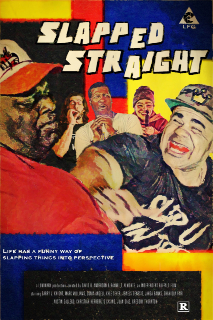





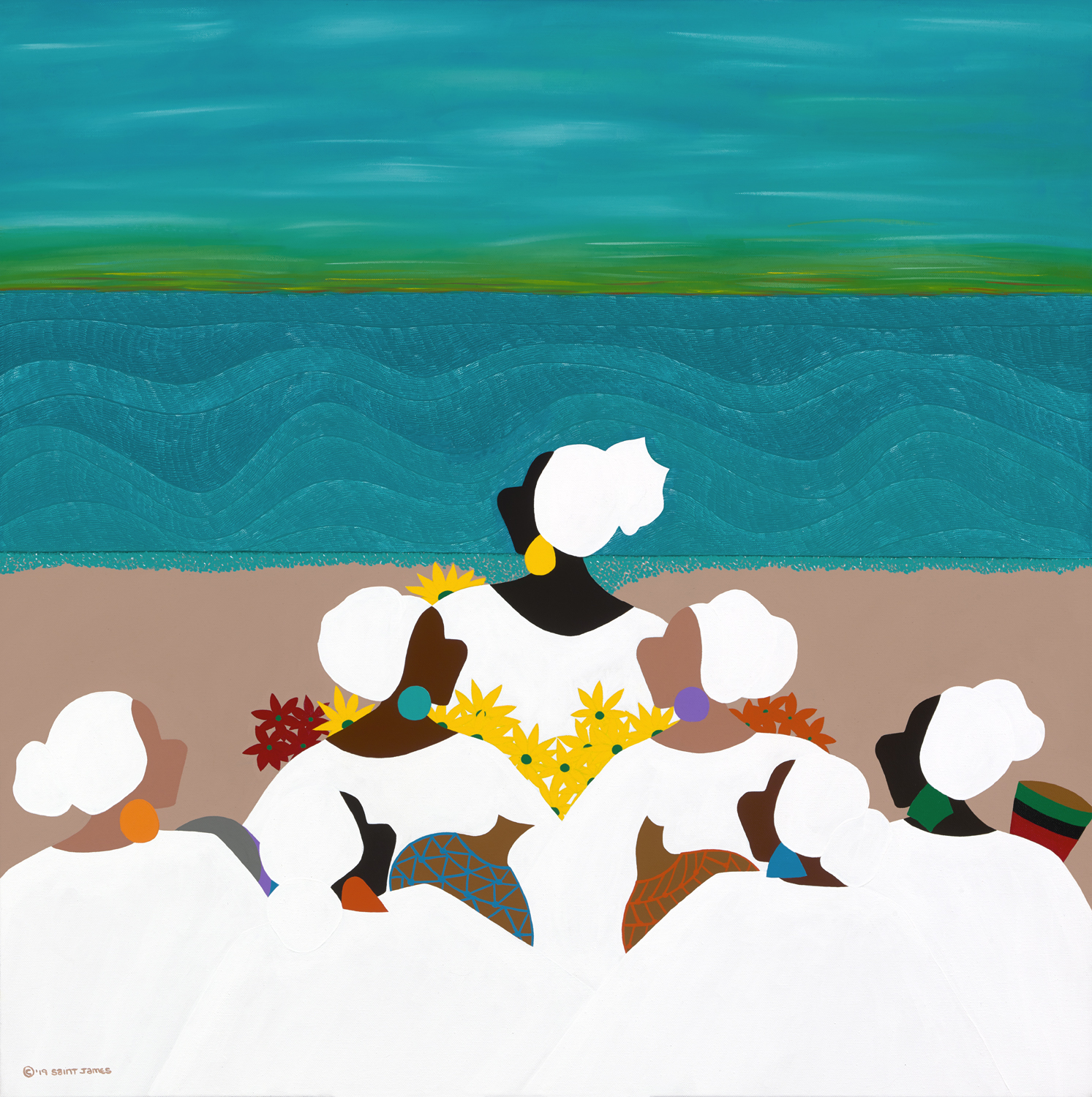

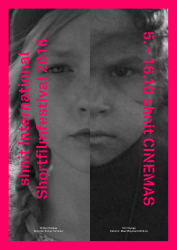





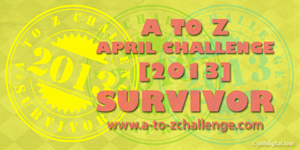
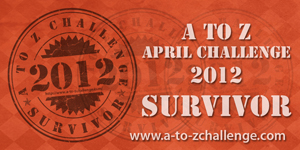
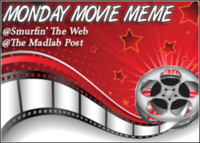


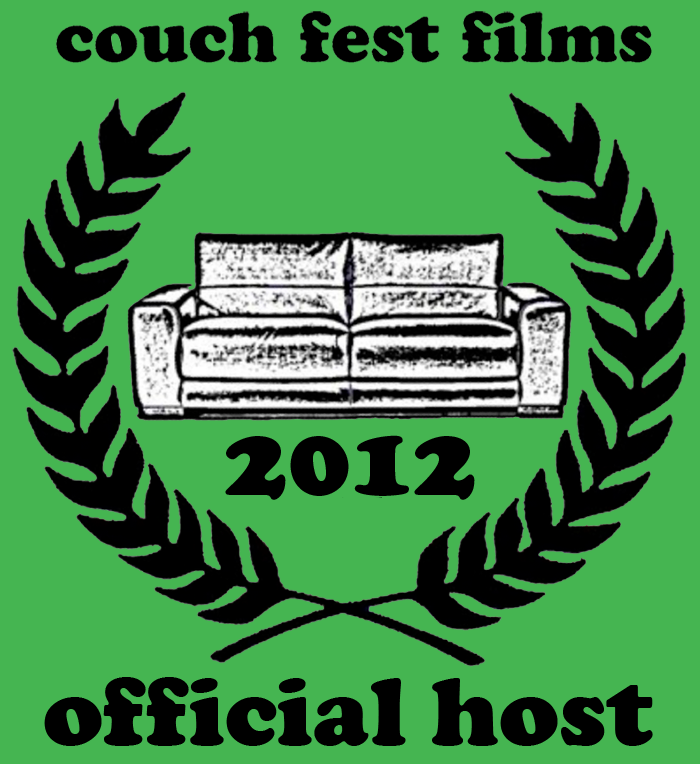
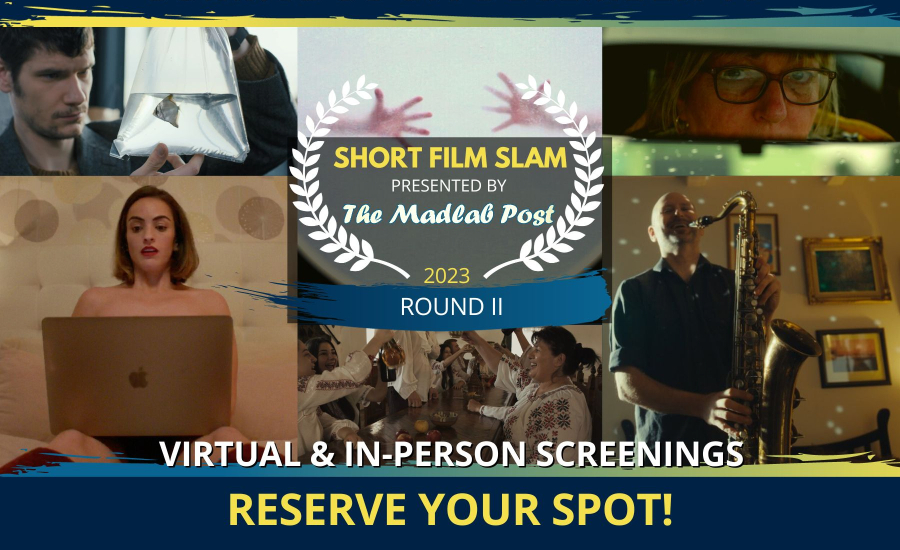

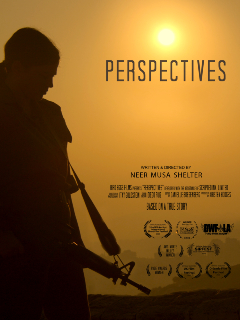
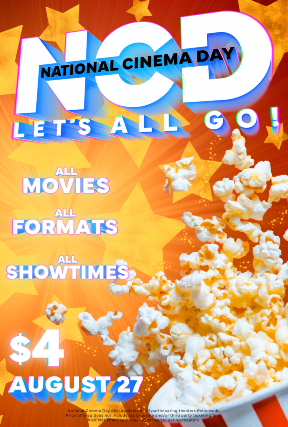
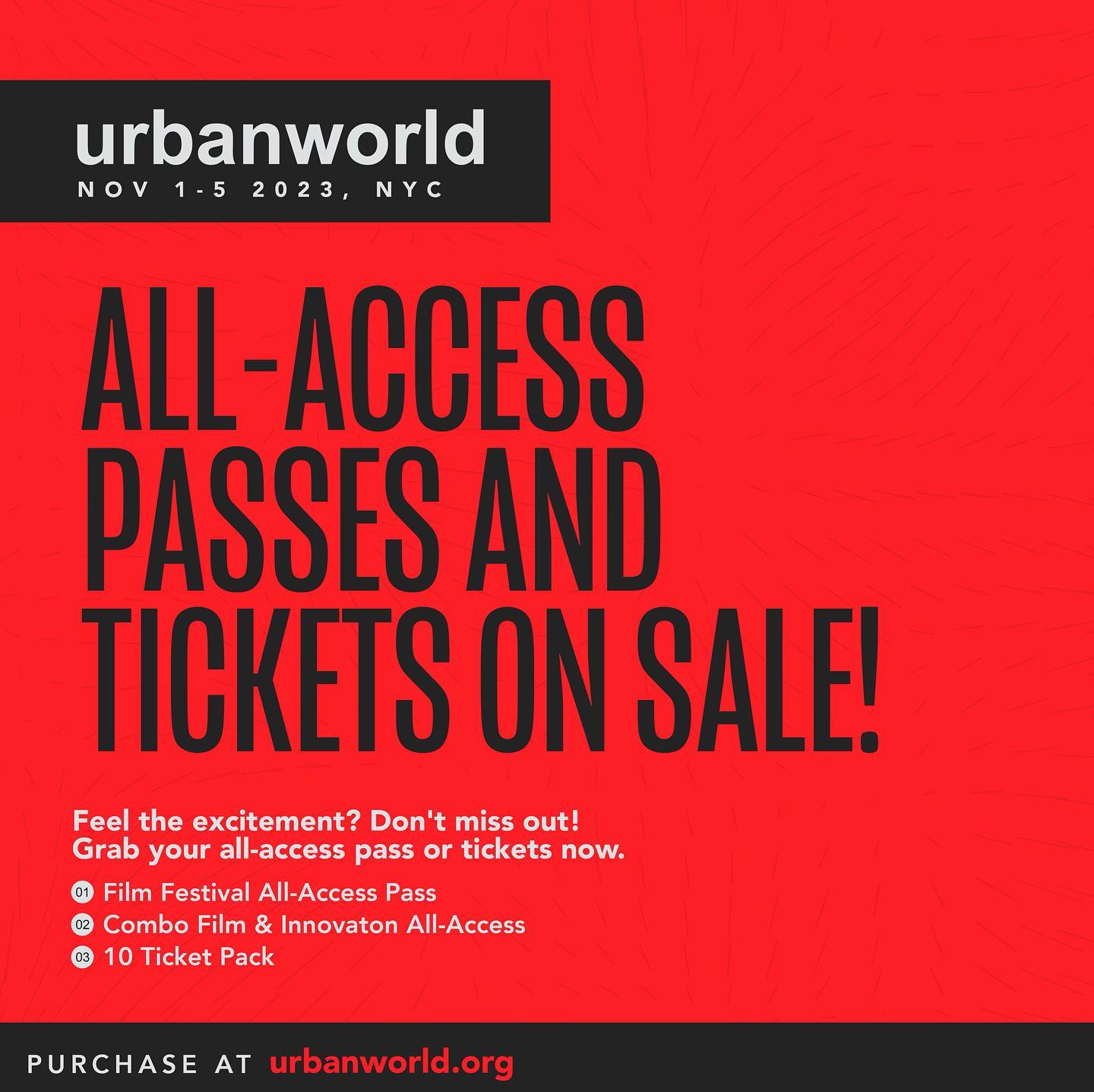
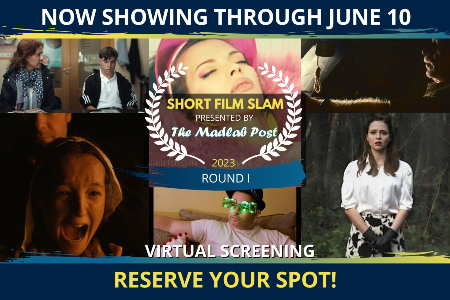
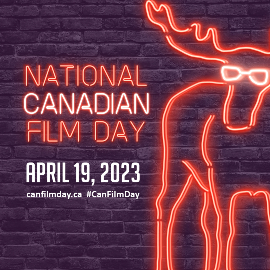
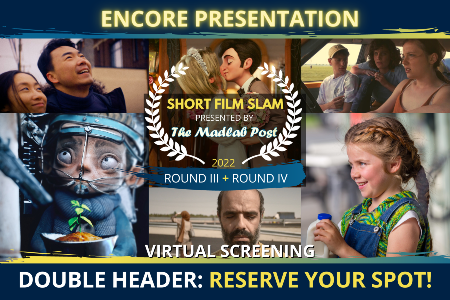
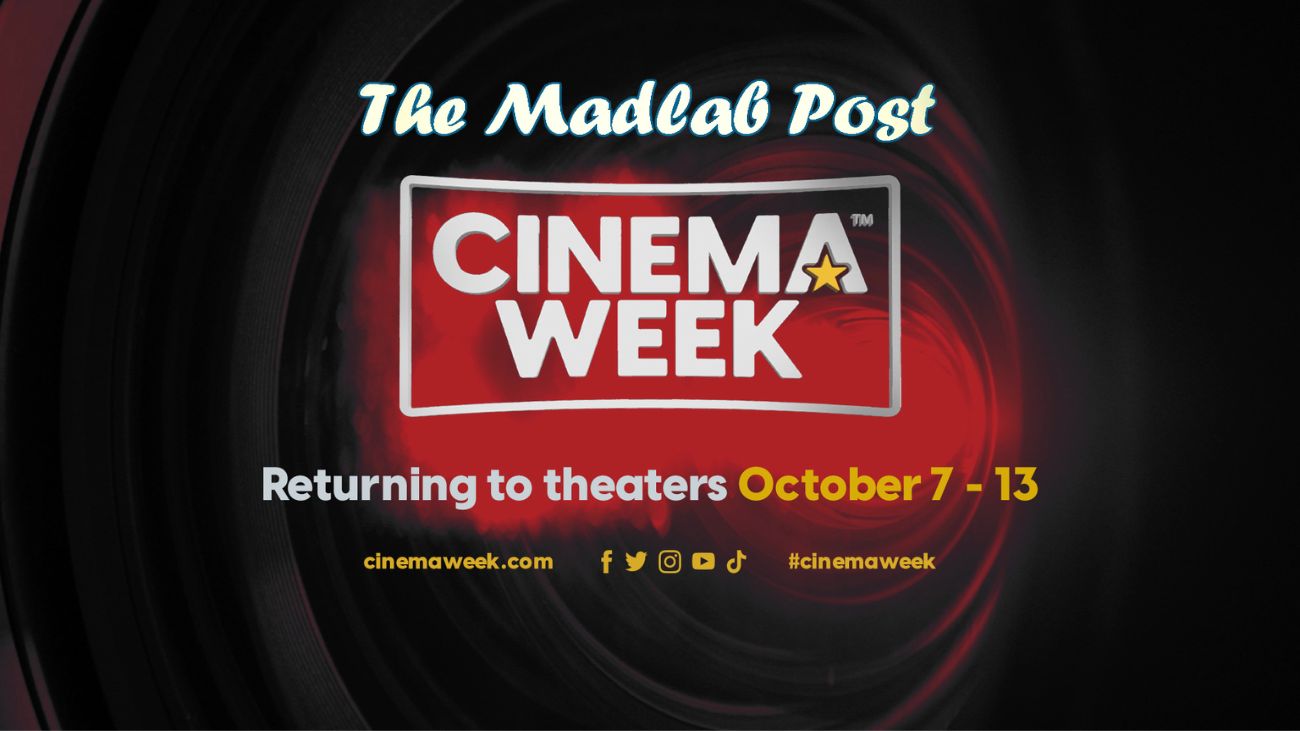
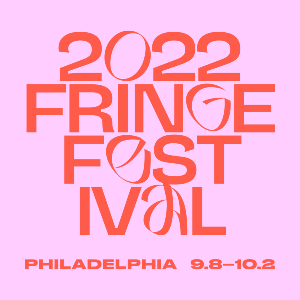

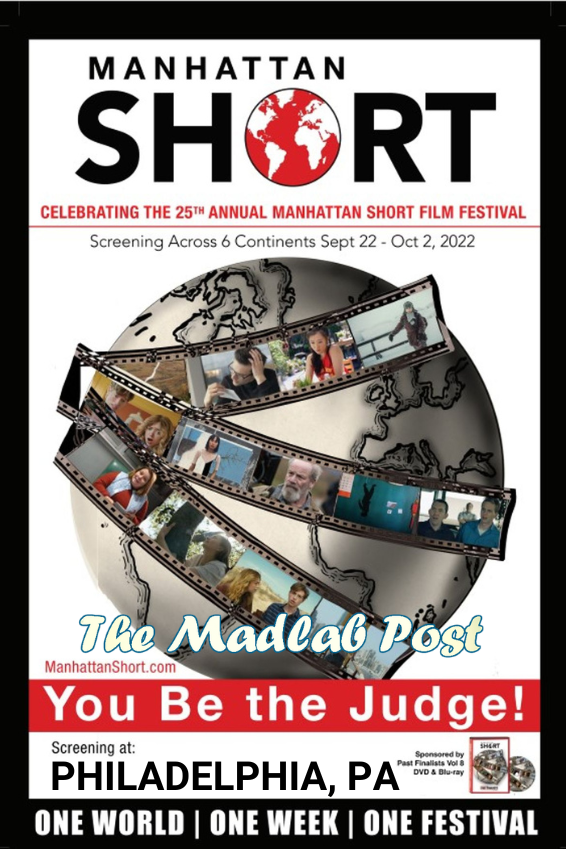
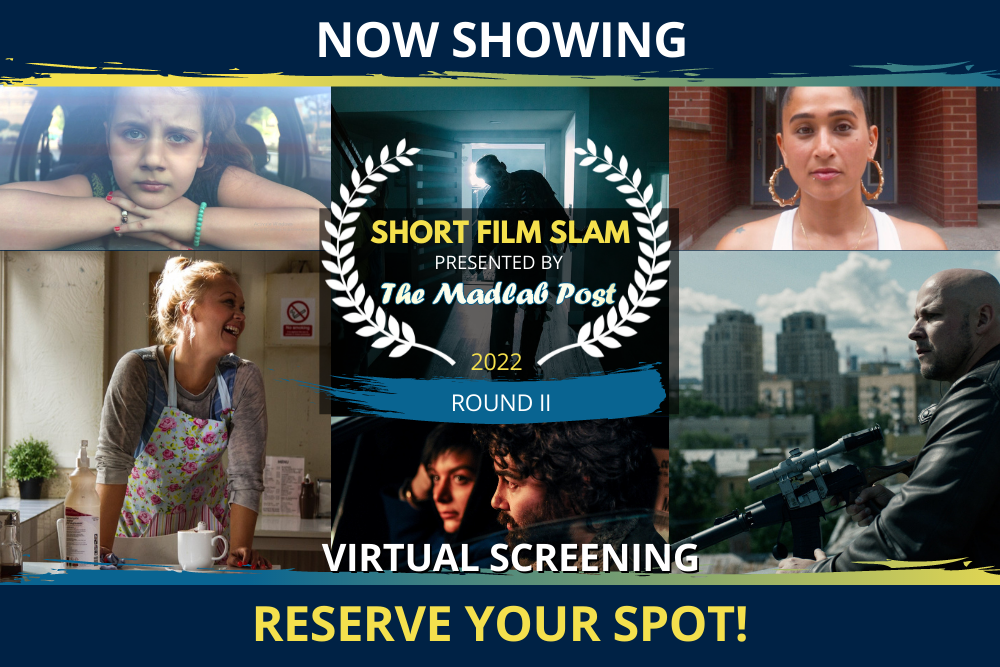

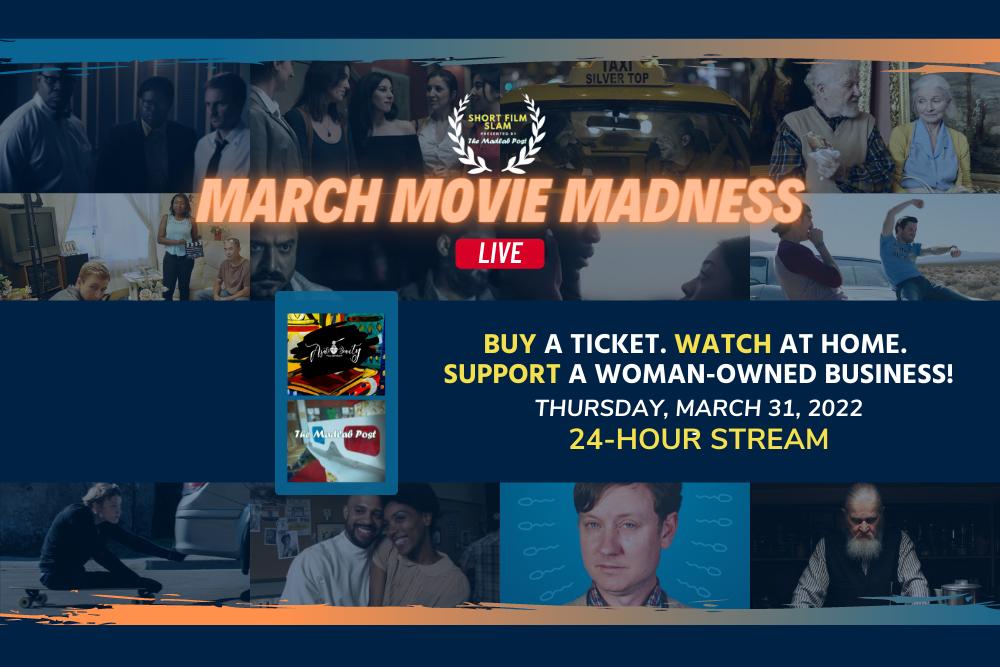
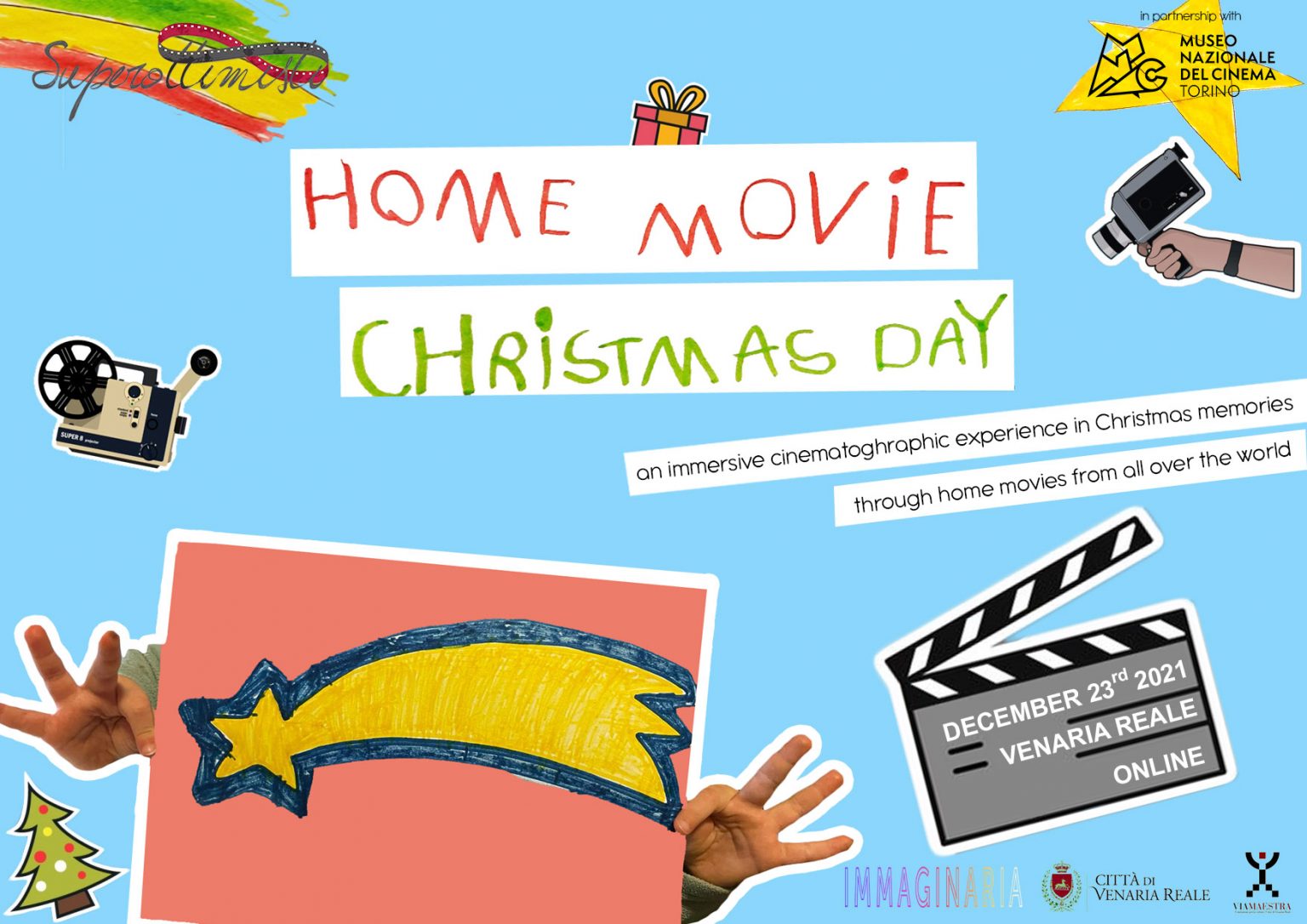
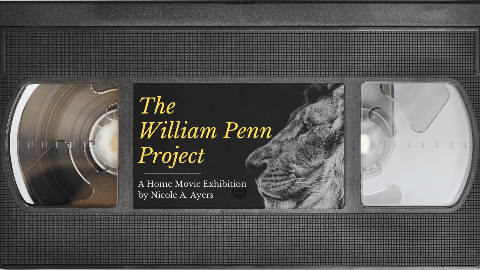
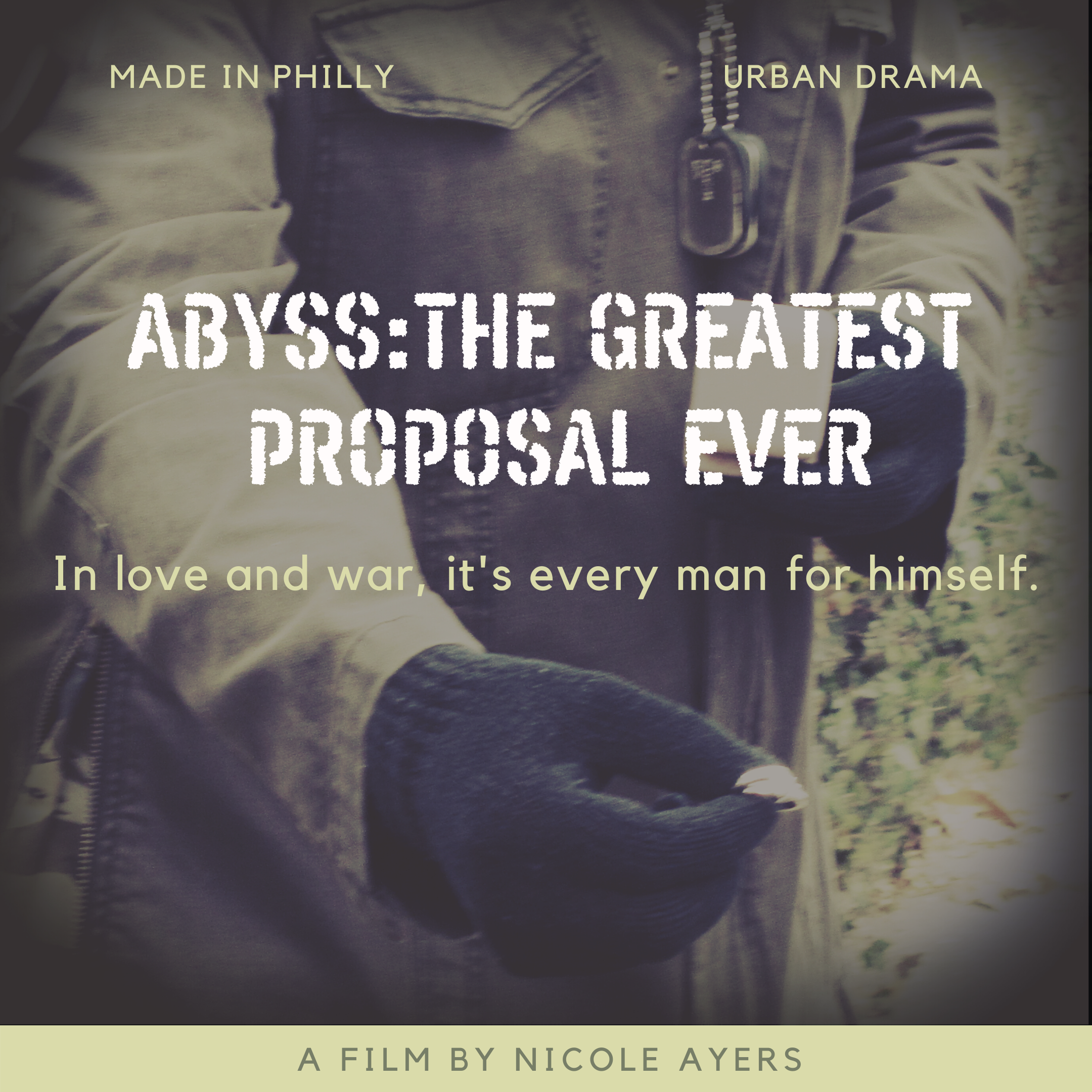
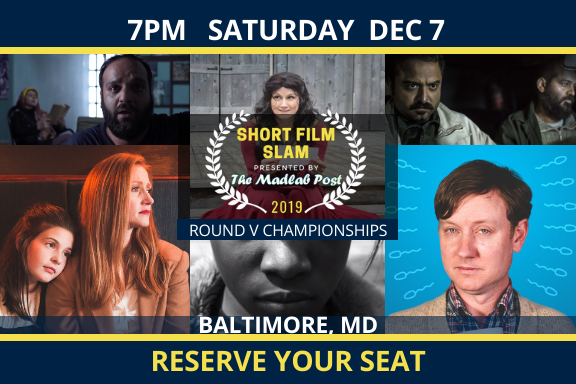
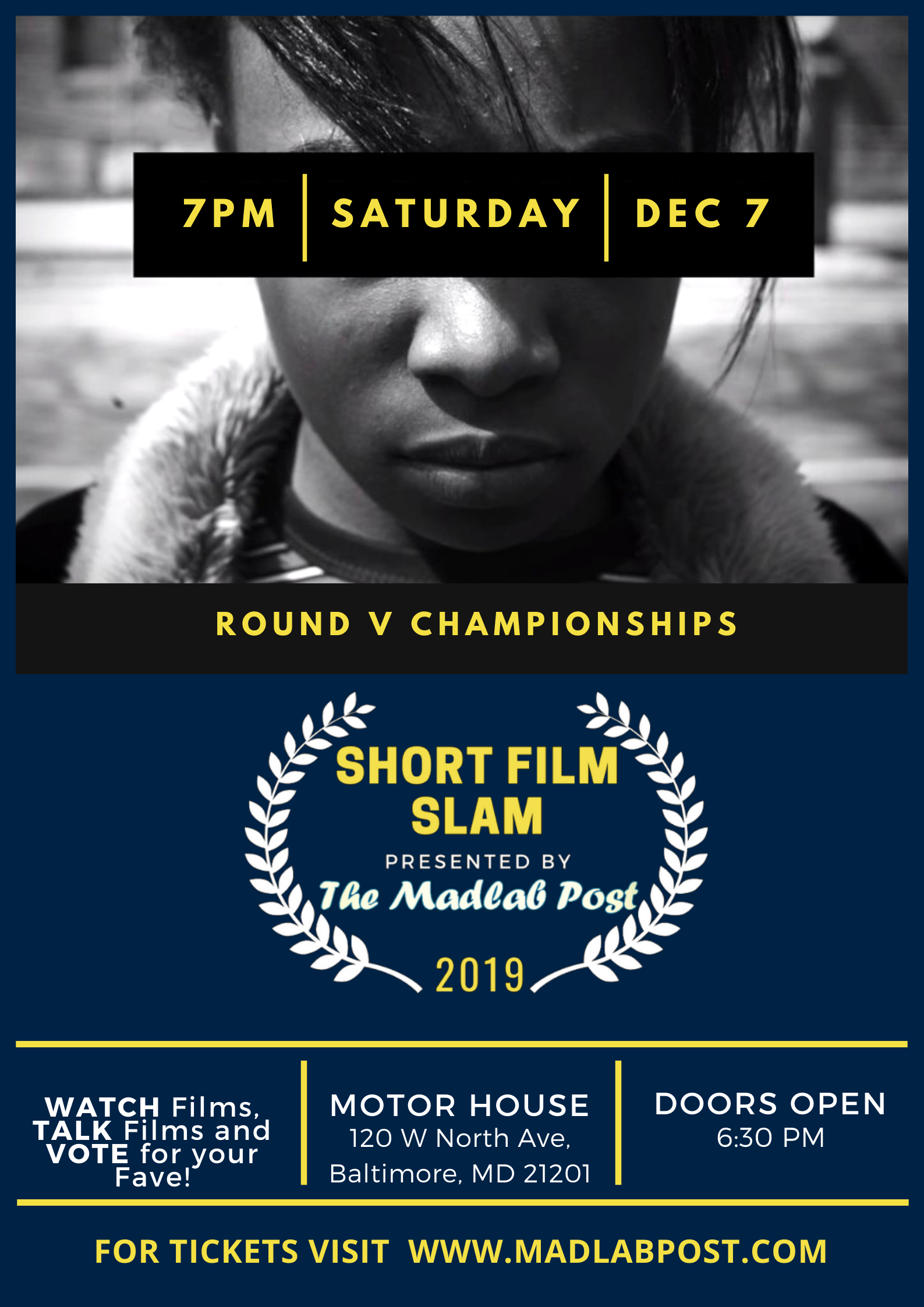
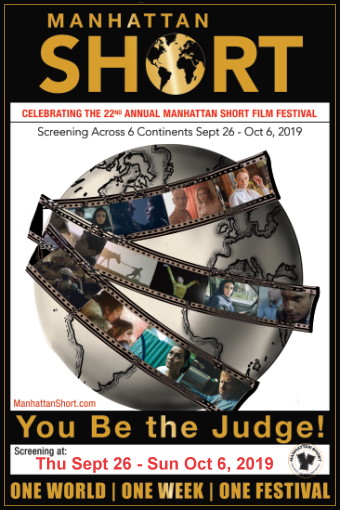
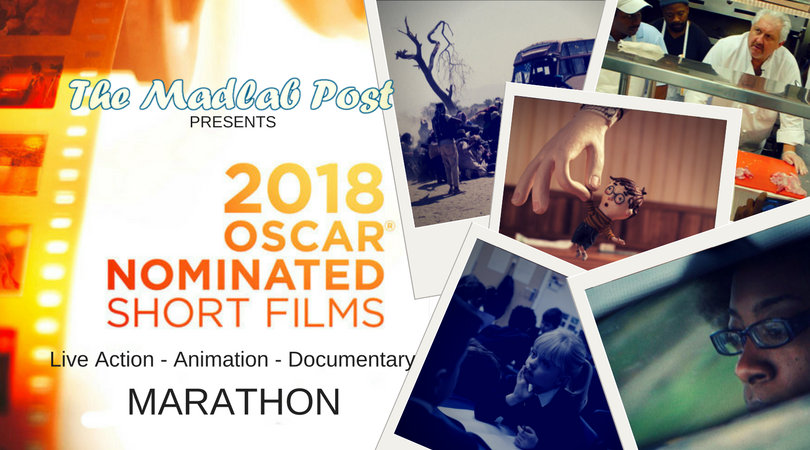



Reader Comments (5)
Fear can be a powerful motivator for good and this movie is really important.
It is often amazing the lives lived everyday...the difficulties experieced and the fact so many choose to be ignorant to it all. But Maggie was brave to bring this to film in a documentary...not simply as some Hollywood mock-up.
[Sorry for the late comment. I've been away on vacation]
Awesome interview! This really rounds out the previous post you had regarding Maggie. She really has some great insights, but I don't believe that people living in the projects are trapped there. They, like everyone else, has the opportunity to rise above their station. All it requires is a bit of work and dedication. Unfortunately, some environments put more roadblocks in the way than others. And if you happen to live in an area where drugs and gangs are prevalent, then it does require more strength and courage to rise above it all. But that's no reason to give up and give in. I've had friends in the military that came from similar surrounds, and now the majority of them are doing great in life outside of the military. It all comes down to want, and like your post says everyone here wants, but it's all about wanting the correct thing.
But hey, I can only offer a viewpoint from my limited position. I'm not saying I'm correct here, but it's what I believe to be true.
And again, fantastic interview!!
Maurice,
It's so easy to let fear be a force that holds someone back from improving themselves, their lives or their situation; those that can find a way to let it motivate them for positive results like you mentioned, are in a better position to see the light at the end of the tunnel. We all have fears...just different types of fear and it's all a matter of how people choose to deal with it. Thanks for sharing your thoughts on Maggie's documentary.
Angela,
After learning about Maggie's experiences in making her movie -- and after watching the results of her filmmaking journey with this particular project, it probably wouldn't be a stretch to say that she would suggest that the amount of courage needed and obtained to make the movie is small compared to the bravery that Half-a-Mill, his crew and many of the residents in their Brooklyn neighborhood have to possess everyday in order to operate in such a grim atmosphere; but she seems to have put herself on the line for something that had no guarantee of ever getting the attention it deserved and she likely did it to connect with something bigger -- the human condition and how we're all so different, yet, in some ways -- so alike in the overall sense that we have a basic need to want to strive for things as well as a need for safety and the means of survival.
More often than not, I'm reminded that the world is so large, when I watch the news, movies from real life and/or reading magazine articles about the experiences of people in other lands. It is an indication of how, as you said, we don't know what kind of lives other people are living...and when we find out, that is knowledge that gives us a wider understanding of how -- and where -- the world operates on uneven playing fields. It's better to know than not, for being introduced to other realities outside of our own gives us the ability to make more informed decisions about what we think, what we believe and how we operate in the future.
Herman,
'Tis the season to enjoy the outdoors! I hope you had an absolutely grand vacation :)
Thanks for sharing some additional insight on this interview and the subject matter of the movie. I agree with many of the points that you make and am grateful for growing up around family members who exposed me to lots of different activities, skills and knowledge that was outside of the neighborhood that we lived in. I'm so lucky to have not had any experience growing up in the projects or in extremely violent neighborhoods and I don't know what it's like to have to live in the projects under those conditions. I do think that there are a lot of people who grow up believing that there is no way out of their circumstances, because it's all that they know or all that they have been taught to believe.
When a young boy or girl in that type of environment is surrounded by people who are enabling such behavior and beliefs, I think it is more difficult for that same boy or girl to grow into an adult and see a hopeful future.
If anyone who has been dealt an unfavorable deck of cards in his or her life, can just try to re-frame their state of mind or try to buck the system and dare to work towards a better reality, things would improve and there probably wouldn't be a need for a movie like "Player Hating: A Love Story." As much as I hope that this becomes the case for more individuals -- especially those living in this country, dubbed as the richest country in the world, or whatever -- it would be naive of me to expect to see it happen on a large scale, given that there are so many variables that contribute to the beliefs, habits, cycles and behavior of those who wake up everyday surrounded by violence and hopelessness.
I just hope that more people than few, realize that there is more to life than what goes on in their little bubble -- wherever that bubble sits -- in the Brooklyn projects or in the deserts of Arizona or in the glitz and glamor of Madison Avenue or on a farm in Idaho. Yes, it is possible to do better, grow and live better when one knows that there is more out to the world than what he or she sees when looking outside of the window -- assuming that he or she has a window to look out of. At the end of the day, life starts and ends with us. Somebody once told me that "Life is what you make it" and I constantly see the truth in that, in so many places that I look.
One takeaway from the movie that seems to be a glimmer of light -- at least for one individual and his family -- is how a resident of the projects took to making music instead of being a gang-banger or armed robber, etc. He tried to make lemonade out of the lemons he had; hopefully more people will follow in his footsteps of striving for those "Oceans" of positive opportunities and reaching their potential, in any industry (arts, agriculture, education, technology, hospitality, service, etc.) that tickles their fancy.
Thumbs down